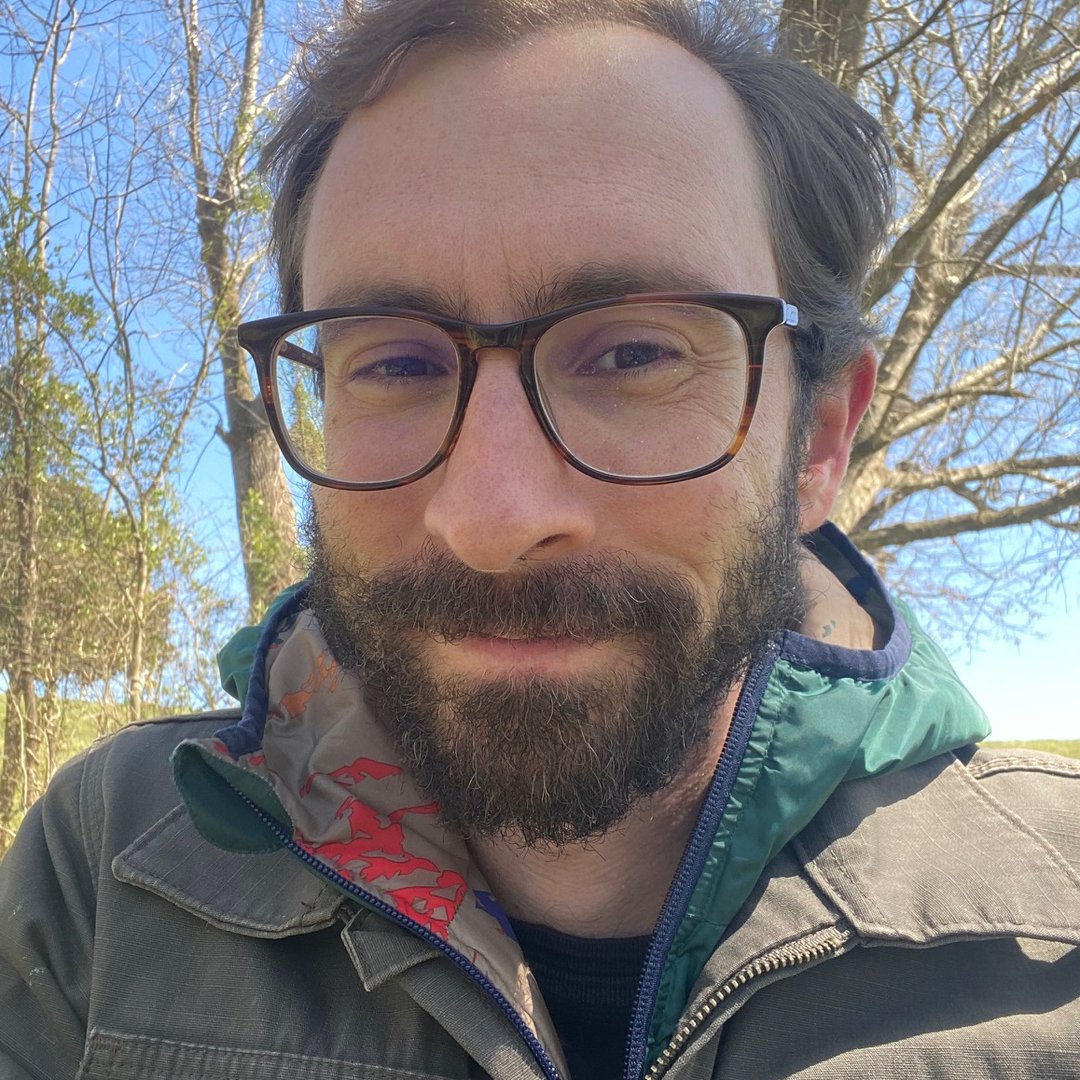Editor’s note: The following Q&A is one of several featured in this week’s Wellness, Part 1 issue. Additional Q&As will appear in next week’s Wellness, Part 2 issue.
Joe Wilkerson, founder of Body-Integrated Psychotherapy and a member of the Racial Justice Coalition’s Government Accountability Project, discusses the relationship between a healthy body and mind, the role of patience in his work and challenges community members face in addressing their health needs.
Why is it so important to focus on the body as much as the mind in therapy?
The body experiences life directly: the safety and the trauma, the love and the disconnection, the stillness and the broad range of feelings. Our mind follows our body, making meaning of these direct experiences. People come to therapy seeking fresh meanings — perhaps that we are again safe after a traumatic upbringing or that we are lovable the way we are. Real transformation springs from new embodied experience, which we can’t accomplish with self-talk alone.
How does your work as a psychotherapist influence your work with the Racial Justice Coalition’s Government Accountability Project?
In therapy, my job is to “tend the fire” skillfully, not to have all the answers. As a white volunteer in a Black-led organization, it’s the same. Being a therapist trains me to be patient with slow-moving change, to reflect often, to adjust my approach when necessary, to activate at moments of opportunity and to rely on the support of wiser and more experienced people. GAP’s work requires these same qualities from its dedicated volunteers.
What are the biggest challenges that Ashevilleans face in trying to pursue wellness?
First, the notion that individuals can possess wellness. How can a person be well when their neighbors and their environment are hurting? The project of securing wellness-as-commodity for oneself is a trap that makes people profoundly lonely. Second, distraction: So much of our technology and culture conspire to keep us looking away from the private and systemic roots of suffering. Third, access: For many, poverty and administrative burdens make connecting with effective help exceedingly difficult.




Before you comment
The comments section is here to provide a platform for civil dialogue on the issues we face together as a local community. Xpress is committed to offering this platform for all voices, but when the tone of the discussion gets nasty or strays off topic, we believe many people choose not to participate. Xpress editors are determined to moderate comments to ensure a constructive interchange is maintained. All comments judged not to be in keeping with the spirit of civil discourse will be removed and repeat violators will be banned. See here for our terms of service. Thank you for being part of this effort to promote respectful discussion.